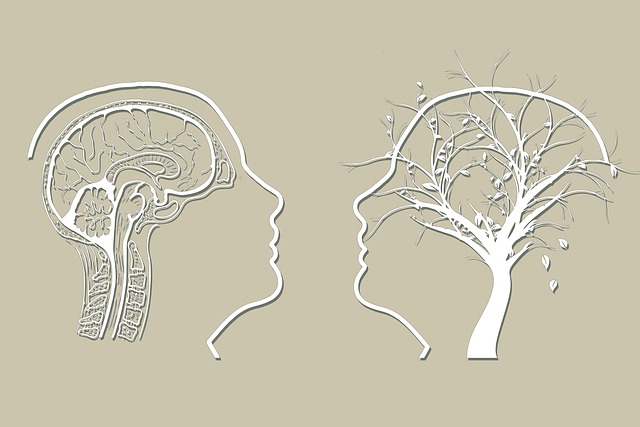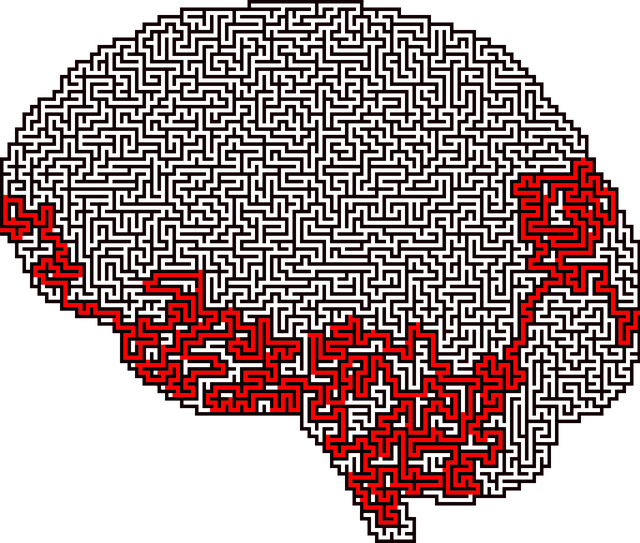Louisville Spiritual-Religious Issues Therapy leverages the RFM framework—emphasizing recovery, flexibility, and mastery—to build resilience among residents facing faith-related traumas or lacking spiritual guidance. By integrating tailored exercises, meditation sessions inspired by local places of worship, and interfaith dialogue groups, Louisville's therapeutic practices empower individuals to navigate life challenges, improve emotional resilience, and enhance overall mental wellness outcomes. Strategic community outreach programs raise awareness about RFM's benefits, fostering a stronger therapeutic bond within diverse religious communities.
In Louisville, addressing spiritual-religious issues through therapy is gaining prominence. This article explores the power of RFM (Resilience, Faith, and Mindfulness) as a transformative framework. We delve into how specific exercises can enhance resilience, fostering personal growth in individuals seeking Louisville spiritual-religious issues therapy. By understanding RFM’s role, implementing effective exercises, and overcoming challenges, therapists can provide more comprehensive care, empowering clients to navigate life’s complexities with renewed strength and purpose.
- Understanding RFM and Its Role in Resilience Building
- Implementing Exercises for Spiritual-Religious Growth in Louisville
- Overcoming Challenges: Strategies for Effective RFM Integration in Therapy
Understanding RFM and Its Role in Resilience Building

Resilience is a vital aspect of mental wellness, enabling individuals to navigate life’s challenges and setbacks with adaptability and bounce-back strength. Understanding the RFM (Recovery, Flexibility, and Mastery) framework is essential in fostering resilience, especially within communities grappling with spiritual-religious issues, such as those in Louisville.
RFM serves as a comprehensive model for resilience building by focusing on three key components: recovery from adversity, flexibility in adapting to change, and mastery of one’s environment and circumstances. Through exercises that target these areas, individuals can enhance their ability to cope with stress, manage difficult emotions, and develop a more positive outlook. Louisville’s public awareness campaigns development and mental wellness coaching programs can integrate RFM principles to empower residents, helping them overcome spiritual-religious challenges and promoting overall well-being, particularly during stressful times.
Implementing Exercises for Spiritual-Religious Growth in Louisville

In Louisville, addressing spiritual-religious issues through therapy has emerged as a vital component in promoting mental wellness. Many individuals face challenges that stem from unprocessed faith-related traumas or a lack of structured spiritual guidance, impacting their overall mood management and resilience. To cater to these needs, various exercises focused on spiritual-religious growth have been integrated into therapeutic practices. These exercises serve as a bridge, helping clients explore and reconnect with their spiritual beliefs while learning effective conflict resolution techniques.
The city’s diverse religious landscape offers a unique opportunity for therapists to tailor these activities. From meditation sessions inspired by local places of worship to interfaith dialogue groups, the Mental Wellness Podcast Series Production has played a significant role in facilitating these initiatives. By engaging in such exercises, Louisville residents can enhance their emotional resilience and find healthier ways to navigate life’s challenges, ultimately contributing to improved mental health outcomes.
Overcoming Challenges: Strategies for Effective RFM Integration in Therapy

In the context of Louisville Spiritual-Religious Issues Therapy, effectively integrating Resilient Fitness Method (RFM) exercises requires a strategic approach to overcome inherent challenges. Many clients presenting with spiritual or religious issues often struggle with self-doubt and emotional vulnerabilities, making it crucial for therapists to tailor RFM practices to suit individual needs. By combining traditional therapeutic techniques with RFM, practitioners can foster self-esteem improvement and enhance emotional intelligence—essential components in navigating complex spiritual journeys.
Community outreach program implementation plays a pivotal role in this process. Connecting with local communities and religious groups can help therapists raise awareness about the benefits of RFM for mental well-being. This collaborative approach not only broadens access to these exercises but also strengthens the therapeutic bond, ensuring clients receive comprehensive support tailored to their unique spiritual-religious landscapes.
The implementation of RFM (Resilience, Faith, and Meaning) exercises has shown significant potential in enhancing spiritual-religious well-being among individuals facing various challenges in Louisville. By integrating these practices into therapy, professionals can empower clients to navigate their struggles with resilience, fostering a deeper sense of purpose and faith. Overcoming barriers through tailored strategies ensures effective RFM integration, ultimately contributing to improved mental health outcomes for those addressing spiritual-religious issues in Louisville therapy settings.














